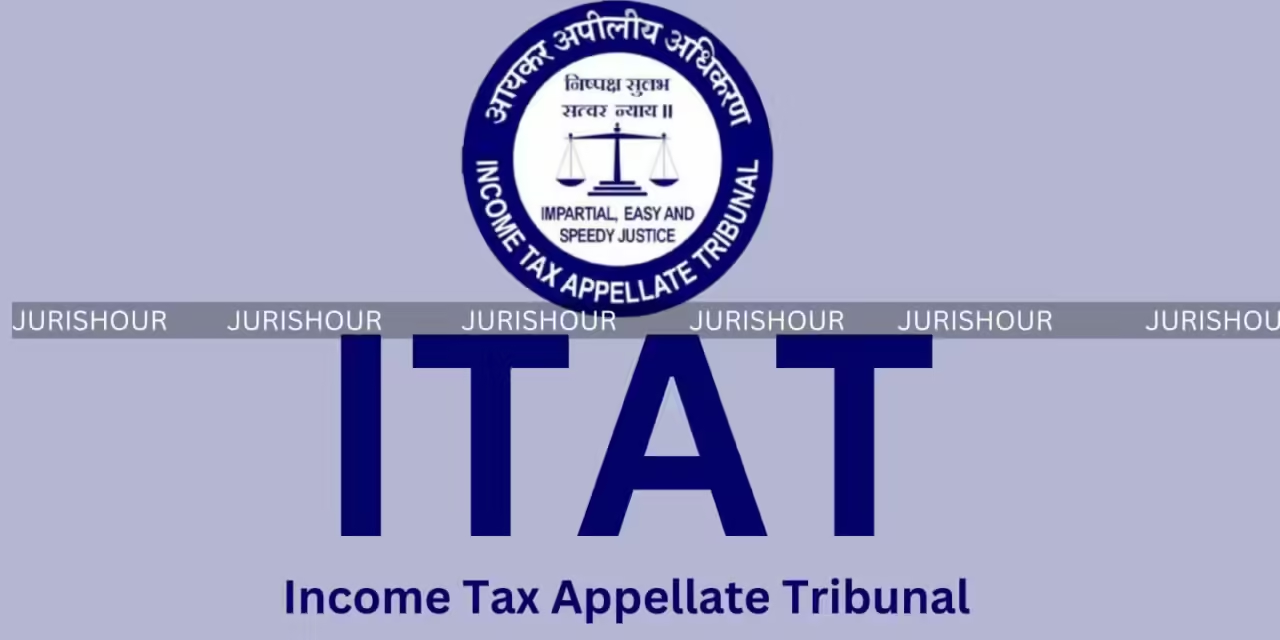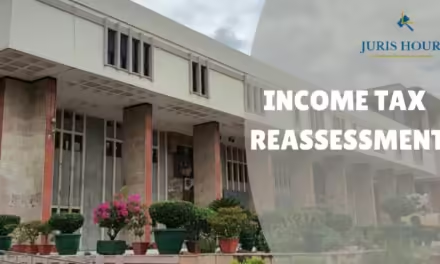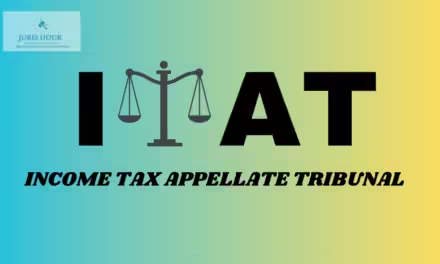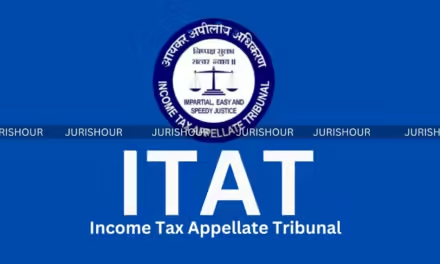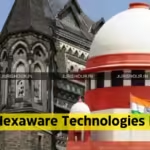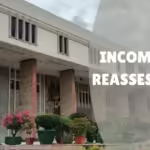The Delhi Bench of Income Tax Appellate Tribunal (ITAT) has held that an exclusion provision can only exclude something if it was included at the outset. A fiscally transparent partnership was already regarded as ‘liable to tax’ for the purposes of India-US tax treaty and the provision determines the scope of eligibility of such fiscally transparent partnership by excluding income which is not ultimately ‘subject to tax’ in the US.
The bench of Anubhav Sharma (Judicial Member) and B.R.R. Kumar (Accountant Member) has observed that tax authorities below have fallen at both the counts by though considering the assessee to be a fiscally transparent entity has not considered to be not qualifying to be a person under Article 4 and, at the same time, have failed to appreciate that the phrase ‘liable to tax’ has to be interpreted in the way that the assessee is liable to tax under the authority of the US Income-tax law.
The appellant/assessee has claimed to be a resident in the USA and offered to tax income by way of receipts on account of Fees at the rate of 15%, applying the rate given in the India-USA DTAA. The AO examined the return and found that Form 3CEB of the assessee shows that the receipts having been received for AY 2014-15 from two Indian entities namely General Motors India Pvt. Ltd. and Chevrolet Sales India Pvt. Ltd. which assessee had received it from General Motors Pvt. Ltd. only.
It was observed from Form 15CA, the nature of payments is “Fees for Technical Services/Fees for Included Services”. The rate of tax of FTS/FIS under section 115A of the Act during the concerned assessment year was 25%, while the treaty rate was 15%, as per Article 12 of the India-USA DTAA.
The case of the assessee was reopened and the assessee was show cause why the income should not be 25% taxed instead of 15% for which the assessee had given a very detailed submissions to the AO.
The AO was not satisfied and was of the view that it is the assessee’s own claim that the status of assessee is a Limited Liability Company (LLC) and a fiscal transparent entities according to US tax laws, i.e. their income is not subject to tax in their own hands in USA. Article 4 of the India-USA DTAA, the AO concluded that such corporations do not qualify as ‘Residents’ of the USA in terms of Article 4 and only persons or entities that are liable to tax in their country under the laws of their country are considered resident for the purpose of DTAA. AO specifically observed that in treaty context, the term “laws of that State” means taxation laws of the State.
AO observed that Limited Liability Companies also do not come under the special clause of partnerships and trusts laid down in paragraph 1(b) of Article 4 of the DTAA. AO concluded that in the case of a Limited Liability Company, even if the shareholders are residents of the USA the Treaty benefits are not available to the Corporation. AO proposed to assess the assessee by charging 25%.
The Assessee had moved before the DRP and filed the objections. The DRP held that the assessee cannot be considered a resident of the USA in view of the recent work of the OECD in this regard, reflecting the international law on the point. The Panel, accordingly, upholds the action of the AO and dismisses all objections of the assessee on this count.
The tribunal opined that the assessee is liable to tax in the resident State by virtue of US Income-tax Law as an LLC is given an option to either be taxed as a corporation or be taxed as a disregarded entity or partnership (depending on number of members) in which the income of the LLC is clubbed in the hands of its owner who merely discharges the tax that is assessable in the case of the LLC.
The tribunal while allowing the appeal held that the tax authorities below have fallen at both the counts by though considering the assessee to be a fiscally transparent entity has not considered to be not qualifying to be a person under Article 4 and, at the same time, have failed to appreciate that the phrase ‘liable to tax’ has to be interpreted in the way that the assessee is liable to tax under the authority of the US Income-tax law.
“We are of the considered view that the intent of the Indo-US Treaty has to be given precedence wherein the concept of fiscally transparent entity is the recognized way of recognizing the phrase ‘liable to tax.’ The fact that paragraph 1(b) of Article 4 of the Indo-US Tax Treaty recognizes partnership as a resident of the US for the purpose Indo-US Treaty to the extent that the income derived by such partnership is subject to tax in the US as the income either in the hands of the partnership or in the hands of its partners or beneficiaries,” the ITAT ruled.
Case Title: General Motors Company USA Versus ACIT
Case No.: ITA No. 2359/Del/2022
Date: 05.09.2024
Counsel For Appellant: Ajay Vohra
Counsel For Respondent: Vizay B. Vasanta

